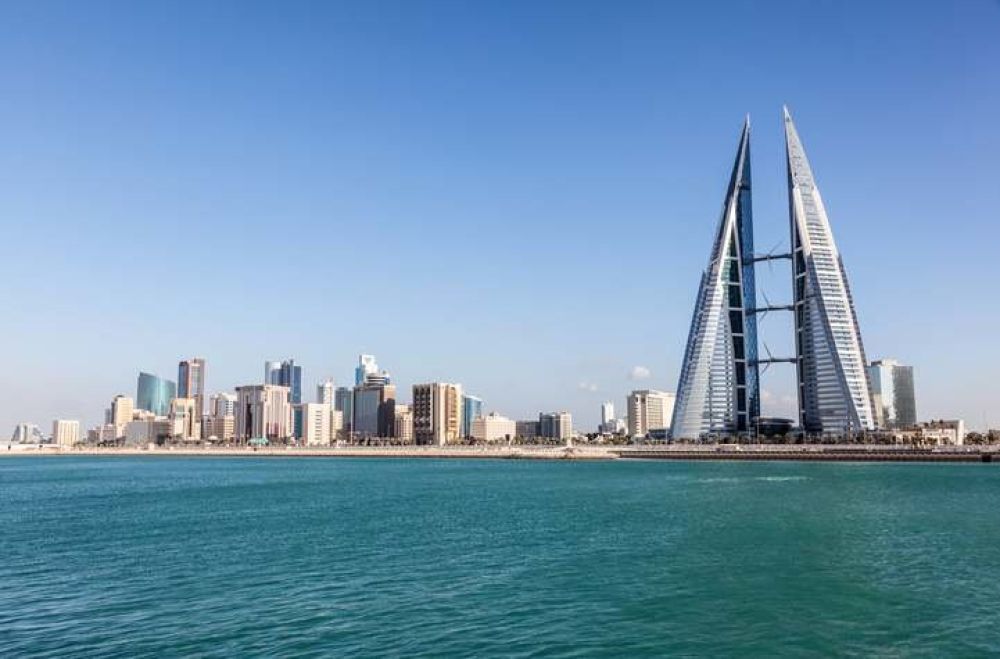

Sylhet, an area graced with picturesque tea gardens, rolling hills, and the serenity of meandering rivers, is located in the northeastern part of Bangladesh. Although this region's tourism history does not reach back centuries, its emergence as a popular spot for tourists is quite notable.
The history of tourism in Sylhet can be traced to the British colonial era when the subcontinent's British rulers would frequently visit the area for both business and leisure. The luscious tea gardens were established during the British colonial times, and they served not only as the hub of tea production but also as retreats for British officers and aristocrats.
After the independence of Bangladesh in 1971, the government began to recognize the potential of Sylhet as a tourism hub, due to its natural landscapes and cultural heritage. The region's tourism industry started to see some structured development, with efforts to improve infrastructure such as roads, accommodations, and visitor facilities.
Sylhet has been known for its sacred sites and cultural festivals, attracting pilgrims and those interested in spiritual tourism. The shrine of Hazrat Shah Jalal, the famous Sufi saint, is one of the primary attractions in Sylhet city. In addition to religious tourism, the unique biodiversity of places like Ratargul Swamp Forest and the serenity of Jaflong have been drawing eco-tourists from across the globe.
In recent years, Sylhet has seen a surge in tourism due to both domestic and international interest. The Bangladesh government has played an active role in promoting the region through campaigns, international tourism fairs, and the development of new attractions. Hotels, resorts, and other tourism-related businesses have flourished as a response to the increasing demand.
The advent of the internet and social media has also played a significant role in the dissemination of information about the region's attractions. More people have discovered Sylhet through platforms such as Facebook, Instagram, and travel bloggers who document their experiences, further fueling the desire to visit this scenic part of Bangladesh.
Adventure tourism is one of the latest trends catching on in Sylhet. Young travelers are increasingly interested in experiences such as trekking through the hills, exploring the caves, and boat rides on the rivers. Additionally, tea tourism is becoming popular, where visitors stay in colonial-era bungalows on tea estates and witness the tea-making process firsthand. Community-based tourism is also emerging, which allows visitors to stay with local families and immerse themselves in the cultural practices and daily life of the Sylhet region.
The charm of Sylhet lies in its diversity of experiences, from spiritual journeys and nature exploration to interaction with local communities. The history of tourism in Sylhet has evolved incredibly and continues to grow, placing it firmly on the map as a must-visit destination for those journeying through Bangladesh.